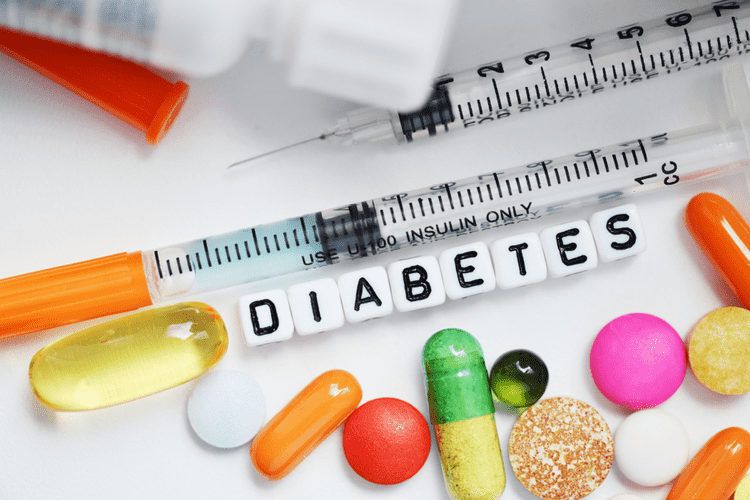The way alcohol impacts memory may also have something to do with glutamate. Glutamate is a major excitatory neurotransmitter involved in learning, memory, and brain plasticity. Alcohol has inhibitory effects on glutamate, impairing cognitive functions and making it difficult to form memories. Heavy alcohol consumption can damage the brain’s communication centers, making it hard for the brain to store memories or track conversations. Brain alterations often occur in people who start drinking when they are very young. Physical activity improves blood flow to the brain and helps reduce brain fog drinking symptoms.
Detox Rehabilitation Centers in Georgia
Recovery strategies focus on enhancing memory, concentration, and decision-making skills. These strategies leverage the brain’s neuroplasticity, allowing neural pathways to strengthen and repair over time. Abstinence from alcohol often leads to remarkable mental health improvements. Many individuals report enhanced mood, reduced anxiety levels, improved sleep patterns, and better relationships. Cognitive functions, too, improve significantly, with heightened clarity, focus, and decision-making abilities. Alcohol abuse can disrupt emotional regulation, leading to mood swings and poor mental health.
How to balance independence and support during recovery

It’s a major public health issue, and understanding this complex disorder is important for treatment, prevention, and reducing stigma. Again, it depends on things like how much caffeine you were consuming to begin with, Dr. Gatz says. If you’re used to having several large coffees a day, and then go down to zero, you will probably feel worse than someone who only ever had one. Even deciding to become sober and following through on it can be a powerful catalyst for repairing relationships, demonstrating how serious you are about focusing on others. Relationships are complicated, and each one will develop and heal in different ways and timeframes.
- While the timeline for recovery varies, research indicates that the brain can repair itself relatively quickly after stopping alcohol consumption.
- Many individuals report improvements in their overall mental well-being, with decreased levels of anxiety and depression.
- Melody is here to help as you adjust to a life with less (or no) alcohol.
- That said, recovery varies from person to person, and some people may experience more significant improvements than others.
Can alcohol cause permanent cognitive impairment?
The duration of hangover brain fog depends on several factors including how much you drank, your hydration level, sleep quality, and overall health. For most people, symptoms clear within 24 to 72 hours after their last drink. However, for frequent or heavy drinkers, brain fog may persist longer and become a sign of more serious cognitive issues or alcohol-related brain changes. Withdrawal SymptomsUpon cessation of drinking, the brain may experience withdrawal symptoms as it readjusts to functioning without alcohol. This readjustment can irritate neurotransmitter systems, particularly GABA (gamma-aminobutyric acid) and glutamate, which play critical roles in regulating brain activity and mood. Disruptions in these systems can lead to difficulties in cognitive function.
Improved Blood Sugar
- However, if you’re struggling with brain fog or other symptoms of alcohol withdrawal, it’s important to seek professional help.
- This is because dehydration can lead to symptoms like fatigue and difficulty concentrating.
- Regular use can even shrink regions critical for learning and memory, like the hippocampus.
- If your alcohol addiction is already taking over your life, we highly recommend starting a healthy withdrawal program.
This is because acupuncture can help to improve blood circulation and reduce stress levels. The symptoms of brain fog from alcohol can vary depending on the individual. Common hormonal imbalances that can cause brain fog include low thyroid hormone levels (hypothyroidism) and high cortisol levels (adrenal fatigue). This is because hormones play a significant role Drug rehabilitation in regulating mood, energy levels, and metabolism. The direct effects of alcohol on the brain are thought to play a significant role in alcoholic brain fog.
When she’s not working, she https://www.micaelectric.cl/why-you-bruise-more-easily-when-you-drink-alcohol-3/ enjoys traveling, working out, hiking, and watching drama. Lesly Barcena, is committed to delivering the highest quality of care to her patients. Her passion for ensuring the best outcomes drives her approach to healthcare, where she prioritizes each patient’s unique needs with dedication and compassion.

What challenges might I face when I stop drinking alcohol?

However, the lingering brain fog that follows is more than just a prolonged hangover; it reflects deeper disruptions in brain chemistry that can affect mental clarity for days. Many people who drink alcohol experience brain fog, and it can be quite debilitating. As individuals move further along their recovery journey, they often notice gradual improvements in cognitive and emotional functions. This positive change occurs as the brain begins to reverse the alterations brain fog after quitting drinking caused by alcohol use disorder (AUD). Over time, individuals develop better coping skills and emotional resilience.
